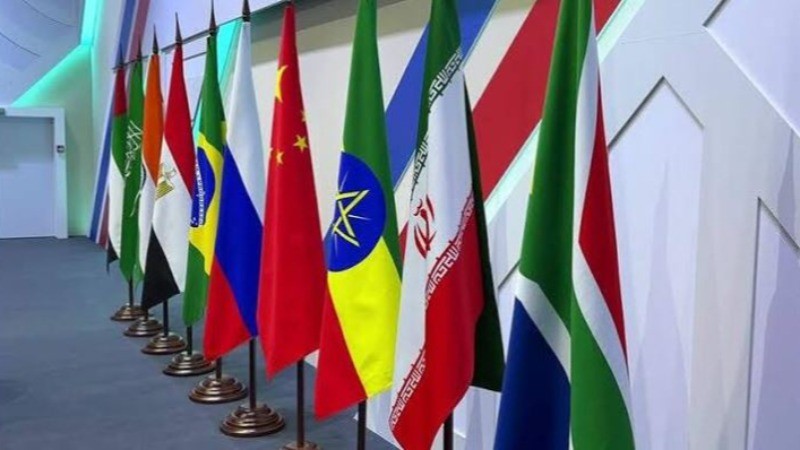
ABUJA-NIGERIA: Nigeria has officially been approved as a partner country in the BRICS bloc of developing economies, the group's current chair, Brazil announced.
In a statement released on Friday, Brazil highlighted Nigeria’s active role in promoting cooperation among countries in the Global South and pushing for reforms in global governance. These priorities align closely with Brazil’s agenda as it presides over the bloc in 2025.
“With the world’s sixth-largest population and Africa’s largest, as well as being one of the continent’s strongest economies, Nigeria shares common goals with other BRICS members,” Brazil's Foreign Ministry, Itamaraty, stated.
Expanding the BRICS Partnership
BRICS, originally formed in 2009 by Brazil, Russia, India, and China, welcomed South Africa in 2010 to strengthen its representation of emerging economies. Last year, the bloc expanded further, adding Iran, Egypt, Ethiopia, and the United Arab Emirates. Now, Nigeria joins as the ninth partner country, alongside nations such as Belarus, Bolivia, Cuba, Kazakhstan, Malaysia, Thailand, Uganda, and Uzbekistan.
The bloc's expansion underscores its commitment to fostering inclusivity and amplifying voices from the Global South. Nigeria’s addition paves the way for deeper collaboration in areas such as trade, infrastructure development, technology, and energy.
Nigeria’s Role in BRICS
As a key player in Africa, Nigeria brings fresh perspectives to BRICS, further strengthening its efforts to address pressing global challenges like poverty, climate change, and sustainable development. The partnership signals a move toward a more balanced and multipolar global order.
According to Brazil’s government, Nigeria’s shared priorities with the group include fostering South-South cooperation and advocating for significant changes in global governance systems.
BRICS and Future Prospects
Brazil states that BRICS and Nigeria have shared goals, as both are committed to strengthening collaboration among Global South nations and pushing for reforms in international organizations.
BRICS has also expressed interest in creating an alternative global payment system to reduce reliance on the U.S. dollar. This reflects the bloc’s goal of reshaping the global economic outlook and reducing Western dominance.
With other countries like Turkey, Azerbaijan, and Malaysia expressing interest in joining, BRICS continues to expand its influence, offering a platform for emerging economies to collaborate and address shared challenges.